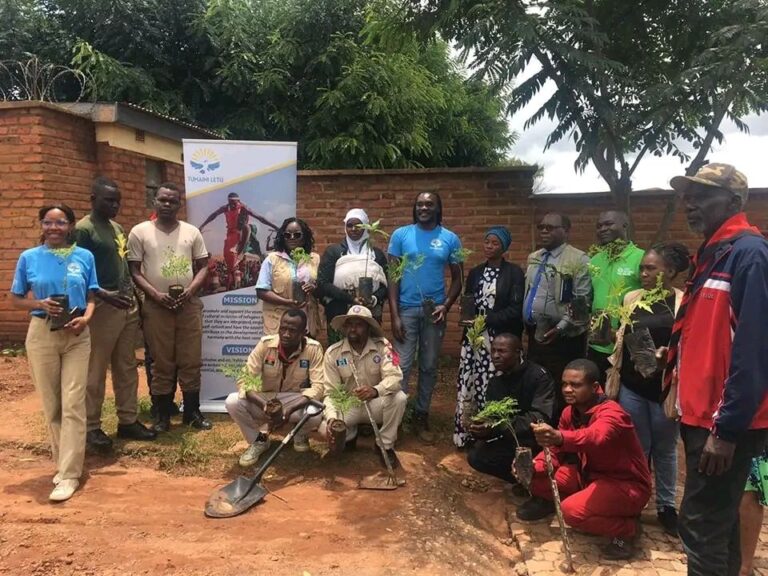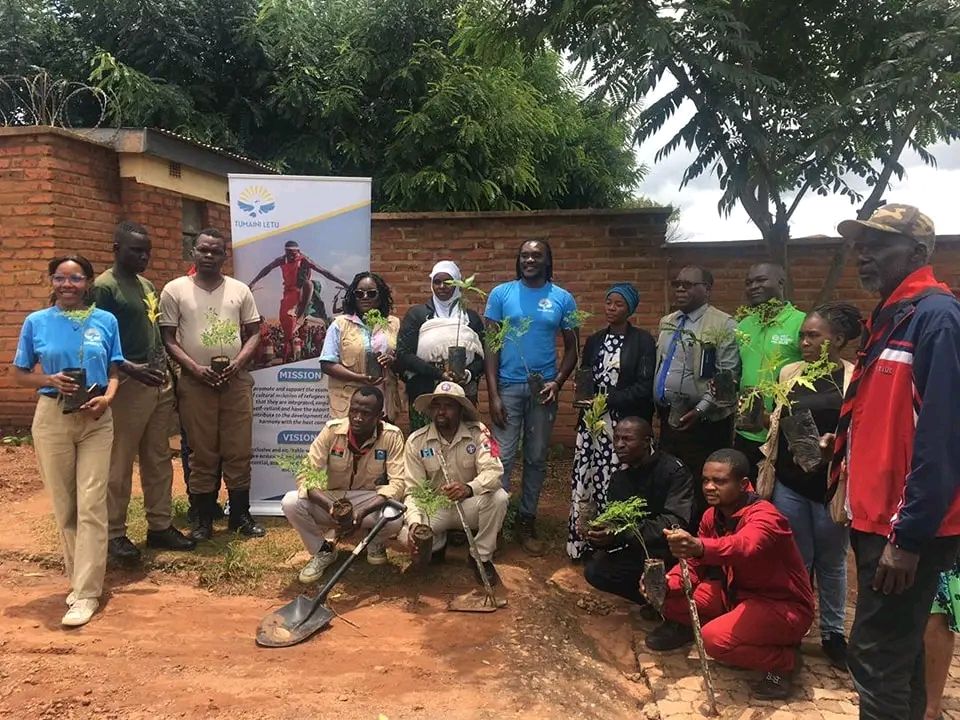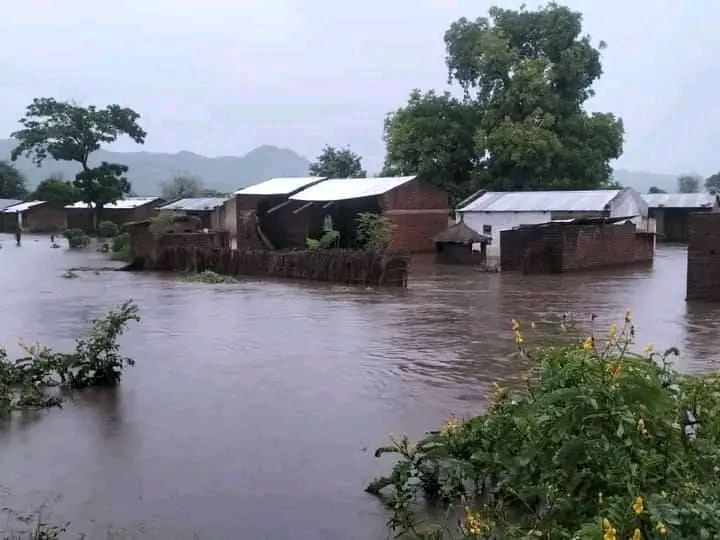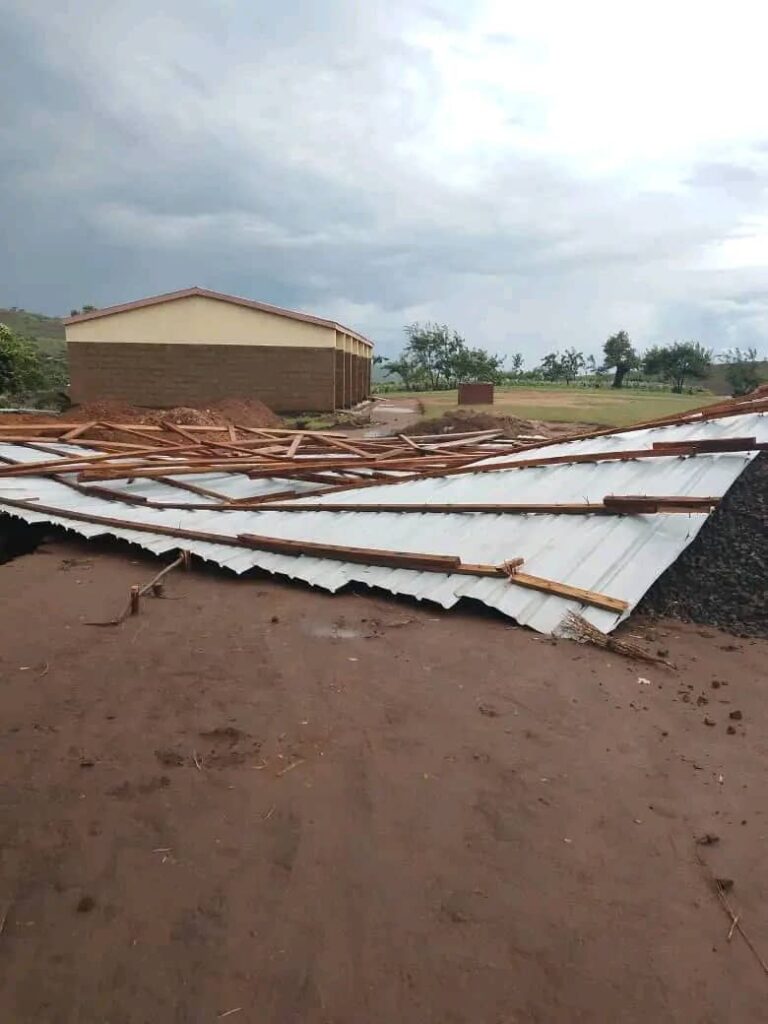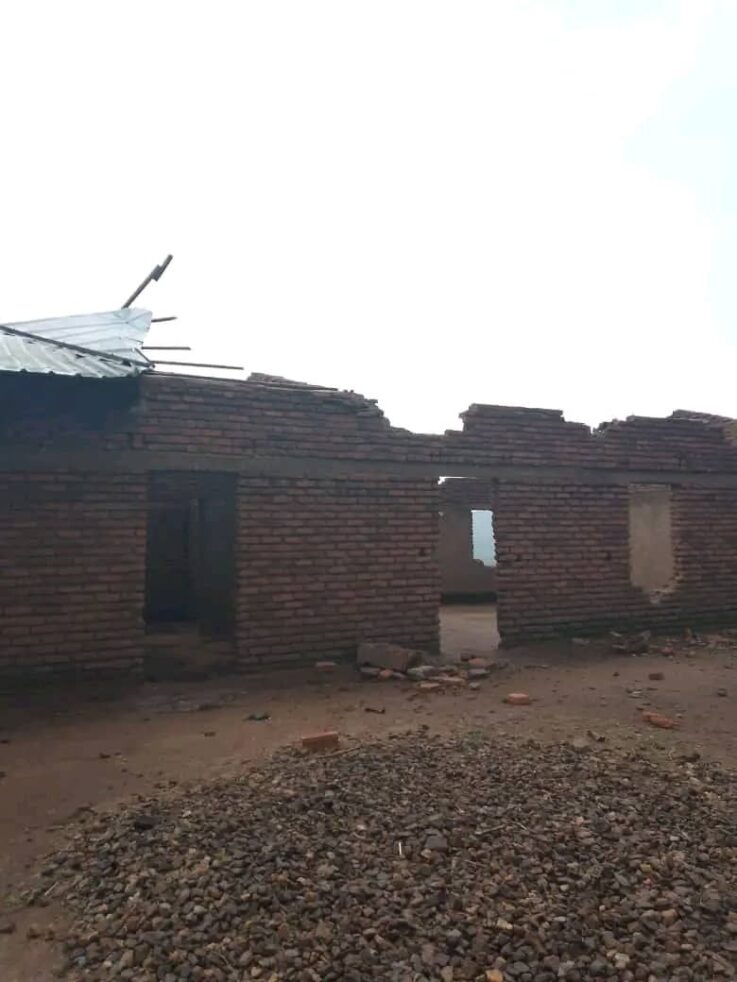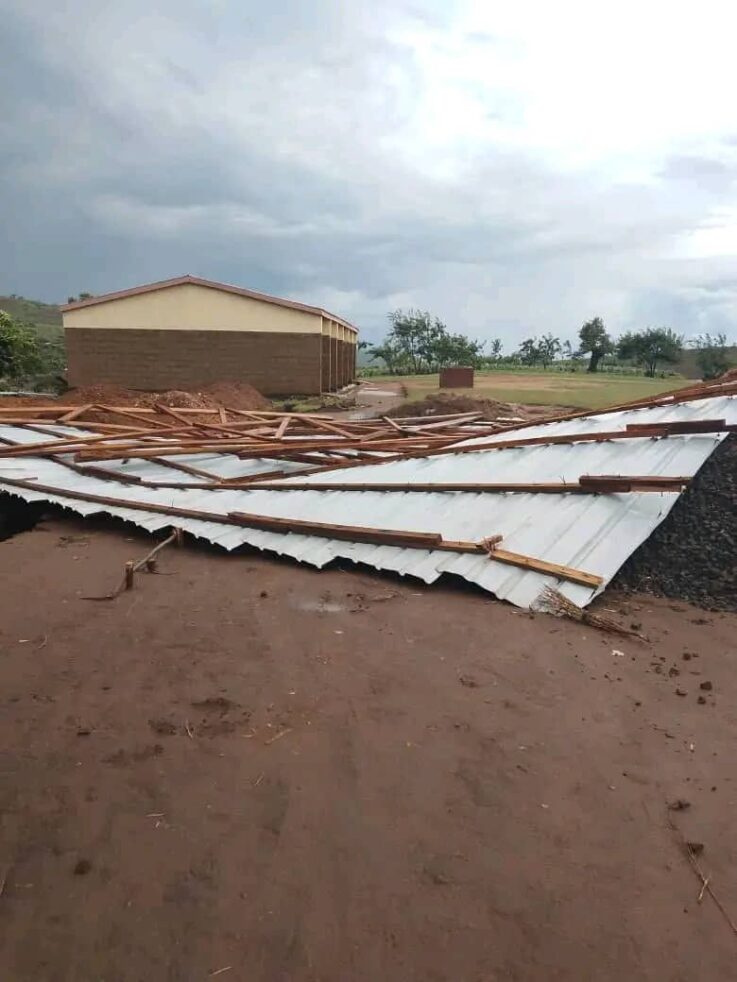By Twink Jones Gadama
In a landmark decision, Zimbabwe’s Constitutional Court has upheld a High Court order that declared certain by-laws used by local authorities to demolish houses without court orders as unconstitutional. This ruling is a significant victory for residents who have been fighting against arbitrary evictions and demolitions.
The High Court had previously ruled that sections 32 and 37 of the Regional, Town and Country Planning Act, which allowed local authorities to demolish houses without obtaining a court order, were inconsistent with the Constitution.
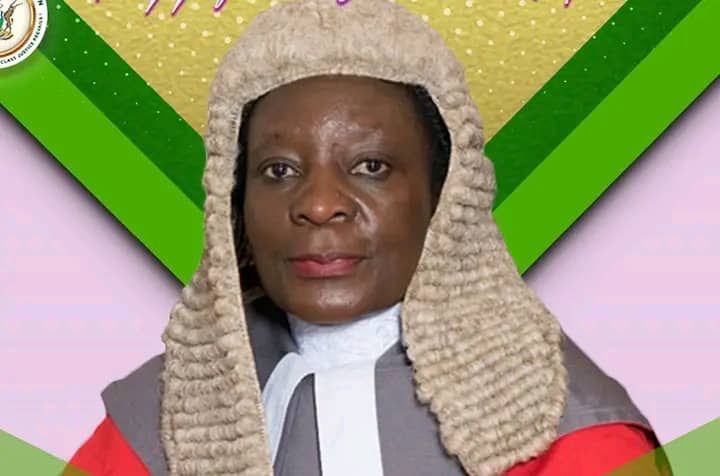
The Constitutional Court’s decision to uphold this ruling confirms that local authorities must follow due process and obtain a court order before demolishing any property.
The case was brought before the courts by the Chitungwiza Residents Trust (CHITREST), which represented aggrieved residents who had their homes demolished by the Chitungwiza Municipality.
The residents argued that the demolitions were unconstitutional and violated their right to freedom from arbitrary eviction, as guaranteed by section 74 of the Constitution.
The High Court’s initial ruling was a significant blow to local authorities, who had been using the by-laws to justify widespread demolitions of informal settlements and other residential areas. The Constitutional Court’s decision to uphold this ruling sends a clear message that the rights of residents must be respected and that local authorities must act within the bounds of the law.
The ruling also highlights the need for local authorities to be more proactive in preventing illegal construction and ensuring that residents have access to safe and secure housing. As noted by High Court Judge Justice Never Katiyo, local authorities must follow proper legal procedures and obtain court orders before demolishing properties.
The Constitutional Court’s decision is a welcome development for residents who have been living in fear of arbitrary evictions and demolitions. It is also a significant step towards ensuring that the rights of residents are respected and protected.
In light of this ruling, local authorities must review their policies and procedures to ensure that they are complying with the Constitution and respecting the rights of residents. The government must also take steps to address the underlying issues driving informal settlements and ensure that residents have access to safe and secure housing.
Ultimately, this ruling is a victory for the rule of law and the protection of human rights in Zimbabwe. It sends a clear message that the rights of residents must be respected and that local authorities must act within the bounds of the law.


